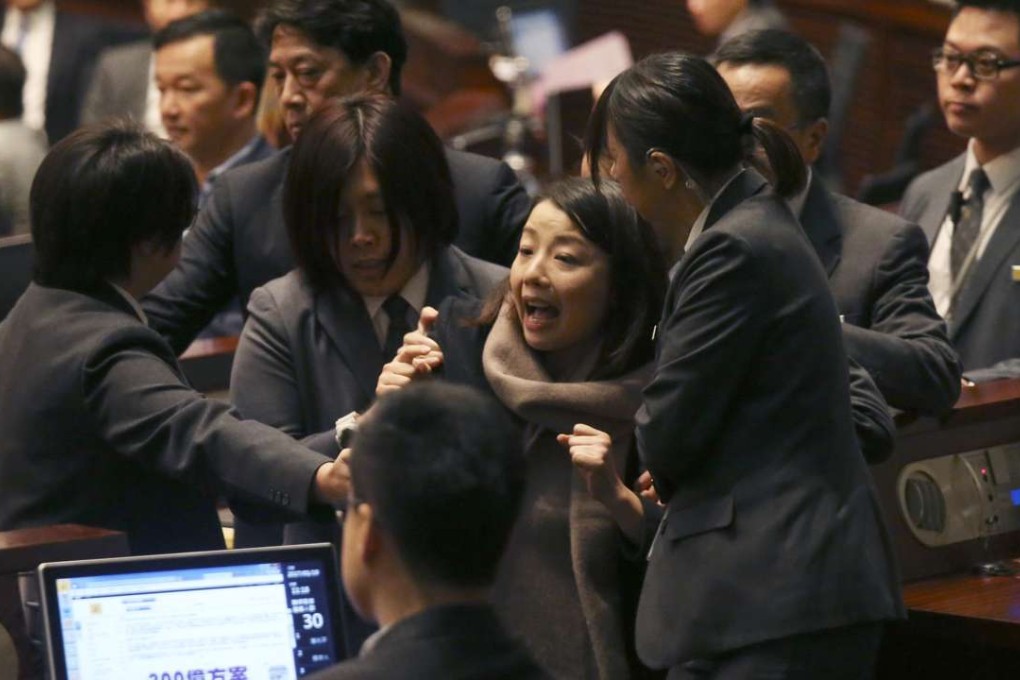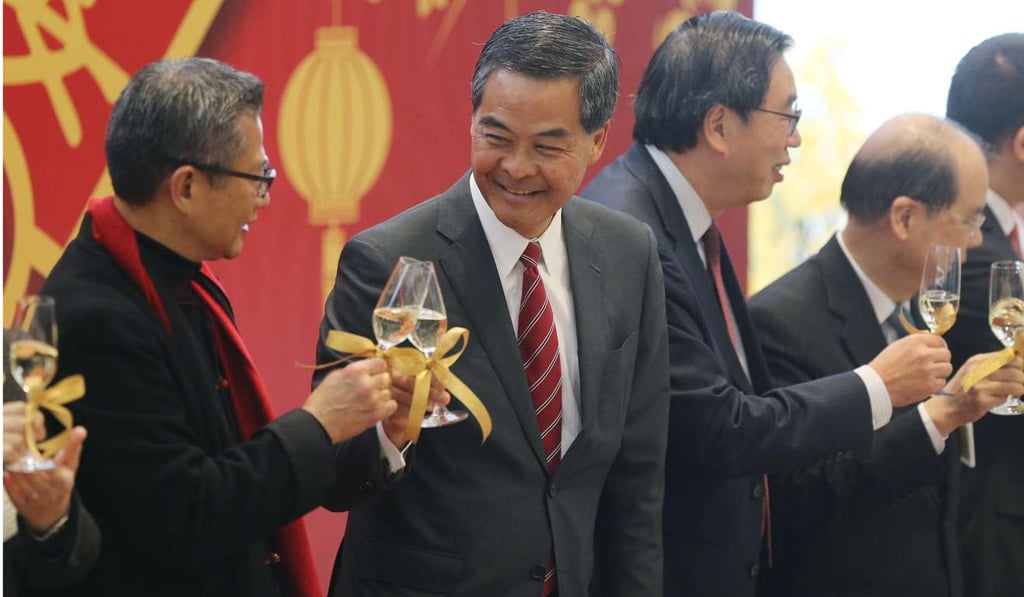How Beijing and the Hong Kong government can end the political blame game
Tik Chi-Yuen says the coming election of a new chief executive should inspire a more open approach from all sides to working together for society’s good, rising above selfish concerns

Over the past several years, disputes and confrontations have intensified in Hong Kong. Legislators claim they serve the people, but what have they achieved for them? Politicians try to show off, disregarding community betterment. The city has paid a high price for the wasted hours in the Legislative Council on seemingly endless disputes. Meanwhile, there has been interference by the central government. Data shows that Hong Kong now trails Singapore in competitiveness. We will lose out if we cannot improve.
The city’s problems have seriously damaged people’s confidence in governance and angered the younger generations. Both the pro-democracy and pro-establishment camps just blame each other. In fact, both sides are responsible. But the core issue is still poor mainland-Hong Kong relations.
Chief executive contender Woo Kwok-hing urges criminalisation of ‘meddling’ in Hong Kong affairs
Cross-border tensions are complex. Beijing has repeatedly said that it is natural for difficulties to emerge in the process of implementing the “one country, two systems” policy. But neither the government nor society has taken effective measures to solve the problems. Both the mainland and Hong Kong blame each other when conflicts emerge. This only worsens relations – just look at the debate surrounding the political package, for instance. It is a vicious circle.
New ideas are needed. We must put individual and political party interests aside and be realistic about working for the benefit of Hong Kong. Compromises must be reached between the central government, the local government and all stakeholders in politics.
Both Beijing and the Hong Kong government should address the following issues.
Hong Kong must protect its high degree of autonomy to ensure ‘one country, two systems’ remains effective
